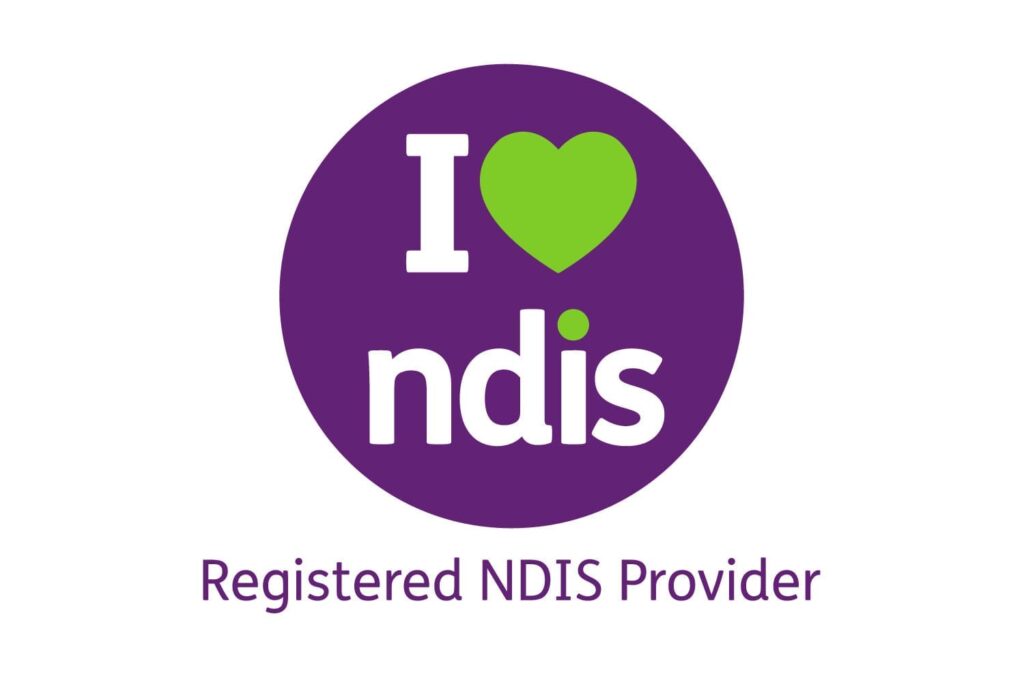The National Disability Insurance Scheme (NDIS) has gradually transformed how people with
disabilities access physiotherapy services in Australia. As an NDIS participant, you may wonder
what to expect during your NDIS physiotherapy sessions. This comprehensive guide will walk
you through the assessment, treatment, and follow-up care provided by NDIS physios, focusing
on mobile physiotherapy services in Sydney, such as Masnad Health Clinic.

What Are The Benefits Of NDIS Physiotherapy Services?
The NDIS Physiotherapy services aim to improve the overall quality of life for individuals with
disabilities by providing targeted physiotherapy treatments. These services address various
physical, functional, and mobility challenges that individuals with disabilities may face. The key
benefits of NDIS physiotherapy services include the following:
- Improved mobility and independence
- Enhanced physical functioning
- Reduced pain and discomfort
- Prevention of further complications or injuries
- Customised treatment plans tailored to individual needs
Mobile physiotherapy services in Sydney, such as Masnad Health Clinic in Sydney, provide
these treatments in the comfort of your home, making them even more convenient and
accessible.
How Does The Initial Assessment Work During An NDIS Physiotherapy Session?
The initial assessment is a crucial first step in any NDIS physiotherapy treatment plan. During
this session, the physiotherapist will:
- Conduct a thorough review of your medical history and current health conditions
- Perform a comprehensive physical examination to identify any mobility, strength, or
functional limitations - Assess your functional goals and expectations from the physiotherapy sessions
The findings from the initial assessment will help the NDIS physiotherapist develop a tailored
treatment plan that addresses your specific needs and goals.

What Treatment Techniques Can I Expect During NDIS Physiotherapy Sessions?
NDIS physiotherapists use evidence-based treatment techniques to address your unique needs
and challenges. Some common treatment modalities you can expect during your NDIS
physiotherapy sessions include:
- Manual therapy, such as joint mobilisation and soft tissue massage
- Exercise prescription for strength, flexibility, and balance training
- Gait and functional retraining
- Assistive device prescription and training
- Pain management strategies, such as heat/cold therapy and electrotherapy
Your NDIS physiotherapist will select the most appropriate treatment techniques based on your
individual needs, goals, and preferences.

How Often Will I Need NDIS Physiotherapy Sessions?
The frequency and duration of your NDIS physiotherapy sessions will largely depend on your
unique needs and goals. In general, you can expect the following:
- For acute conditions, frequent sessions are optimal (e.g., 2-3 times per week) to achieve
improvements in the short term - For chronic conditions or long-term management, you may need fewer sessions (e.g.,
once per week or once every two weeks) - Your progress and ongoing needs determine the total number of sessions required.
Your NDIS physiotherapist will continuously reassess your progress and adjust your treatment
plan accordingly.
How Can I Maximise The Benefits Of My NDIS Physiotherapy Sessions?
To get the most out of your NDIS physiotherapy sessions, it is essential to:
- Actively participate in your treatment plan and engage in the prescribed exercises
- Maintain open communication with your physiotherapist about your progress,
challenges, and concerns - Attend regular follow-up sessions to ensure continued progress towards your goals
- Implement any recommended lifestyle changes or self-management strategies
provided by your physiotherapist
By actively participating in your treatment plan and working closely with your physio, you can
maximise the benefits of your sessions and achieve your functional goals more effectively.

What Should I Expect During Follow-Up Care And Support From NDIS Physiotherapy
Services?
Follow-up care and support are crucial components of NDIS physiotherapy services. During
your follow-up sessions, your physiotherapist will:
- Assess your progress and adjust your treatment plan accordingly
- Provide ongoing support and guidance on maintaining and improving your physical
function - Monitor your overall well-being and address any emerging concerns or challenges
- Collaborate with other healthcare professionals involved in your care, such as
occupational therapists, to ensure a holistic approach to your treatment.
The ultimate goal of follow-up care and support is to empower you to achieve your functional
goals and maintain your progress long-term.
In conclusion, NDIS physiotherapy services, such as the mobile physiotherapy services offered
by Masnad Health Clinic in Sydney, are vital in enhancing the quality of life for individuals with
disabilities. By understanding the assessment, treatment, and follow-up care processes involved
in NDIS physiotherapy sessions, you can better prepare yourself for your journey towards
improved physical function and independence.

Feel free to Book Online anytime with our mobile physiotherapy NDIS therapists or call us on (02) 9793 8840 today!




